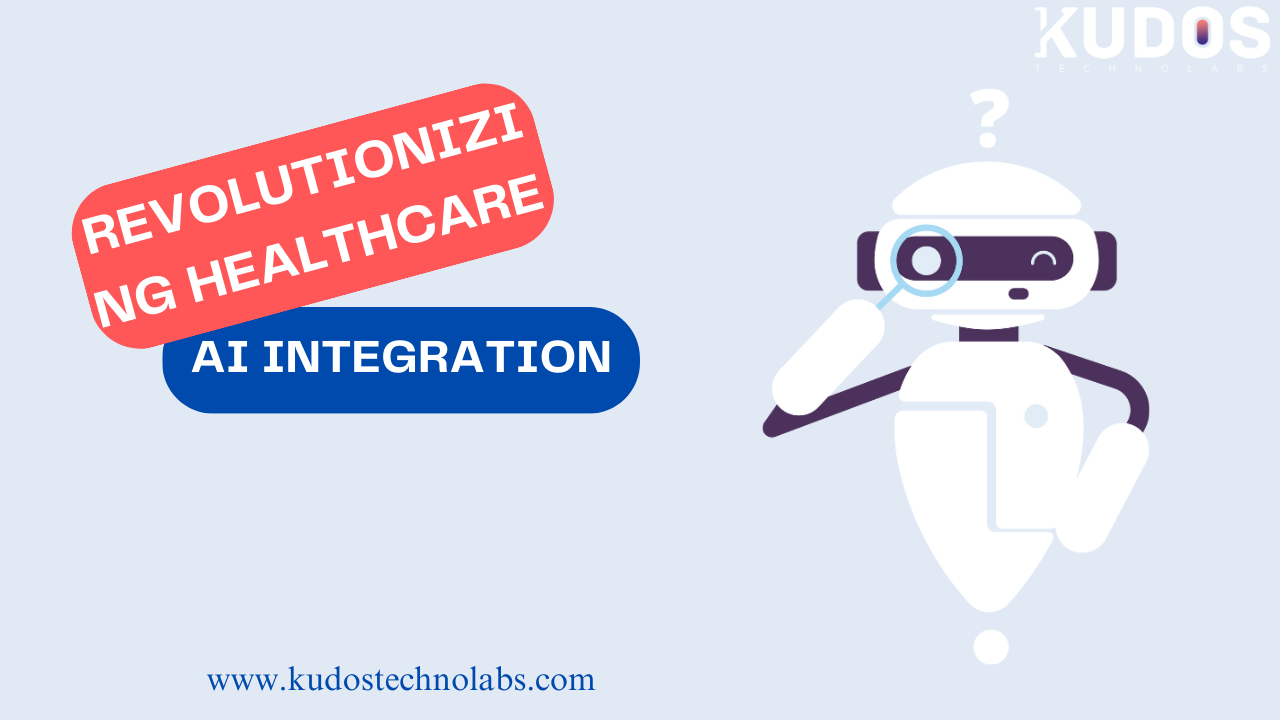Know the how to Implement AI in healthcare In recent years, the healthcare industry has witnessed a profound transformation with the integration of Artificial Intelligence (AI) into its Software as a Service (SaaS) products. The application of AI in healthcare is not just a technological advancement; it’s a significant leap toward more efficient, accurate, and patient-centric healthcare services. In this comprehensive guide, we’ll explore how to implement AI in healthcare SaaS products and the benefits it brings to the industry.
The Role of AI in Healthcare
Artificial Intelligence, a field of computer science that simulates human intelligence, plays a pivotal role in healthcare SaaS products. Its applications are wide-ranging, from data analysis and predictive analytics to image recognition and natural language processing. Here are some of the key areas where AI is transforming healthcare:
1. Diagnosis and Disease Prediction: AI algorithms can analyze vast datasets to assist healthcare professionals in diagnosing diseases and predicting patient outcomes.
2. Drug Discovery: AI accelerates drug discovery by identifying potential candidates for specific diseases, reducing development timelines.
3. Medical Imaging: AI enhances the accuracy of medical imaging, assisting radiologists in detecting abnormalities in X-rays, MRIs, and CT scans.
4. Predictive Analytics: AI-driven predictive analytics can identify high-risk patients and recommend interventions to prevent disease progression.
5. Telemedicine: AI-powered virtual assistants are transforming the telehealth landscape, streamlining patient interactions and providing real-time information.
Implementing AI in Healthcare SaaS Products
1. Identify Specific Use Cases: Start by identifying the specific areas in your healthcare SaaS product that could benefit from AI integration. It might be automating administrative tasks, improving diagnostics, or enhancing patient engagement.
2. Data Collection and Storage: Ensure that you have a robust data collection and storage infrastructure in place. AI relies on large datasets for training and learning. The more data you can collect, the more accurate your AI models will become.
3. Select the Right AI Tools: Choose AI frameworks, libraries, and tools that are suitable for your project. Popular choices include TensorFlow, PyTorch, and scikit-learn.
4. Machine Learning Models: Develop machine learning models that suit your use case. Whether it’s for natural language processing, computer vision, or predictive analytics, ensure your models are fine-tuned to deliver accurate results.
5. Integration with Existing Systems: Ensure seamless integration of AI into your healthcare SaaS product. The AI component should work in harmony with the existing infrastructure.
6. Compliance and Regulations: The healthcare industry is highly regulated. Ensure that your AI implementation complies with healthcare data security and privacy regulations such as HIPAA (in the United States).
Benefits of AI Implementation in Healthcare SaaS Products
1. Improved Diagnostics: AI can help healthcare professionals make more accurate and timely diagnoses, leading to better patient outcomes.
2. Enhanced Patient Engagement: AI-driven virtual assistants can provide patients with 24/7 support, answer questions, and offer medication reminders.
3. Streamlined Administrative Tasks: AI can automate administrative tasks such as appointment scheduling, billing, and insurance verification, reducing the administrative burden on healthcare staff.
4. Cost Reduction: AI can help hospitals and clinics reduce costs by optimizing resource allocation and improving operational efficiency.
5. Faster Drug Discovery: AI accelerates drug discovery by identifying potential drug candidates more rapidly.
6. Predictive Analytics: AI can predict disease outbreaks and patient deterioration, allowing healthcare providers to intervene proactively.
In conclusion, how to implement AI in healthcare SaaS products is not just a technological upgrade; it’s a healthcare revolution. By carefully identifying use cases, collecting and storing data, selecting the right AI tools, developing machine learning models, ensuring integration with existing systems, and adhering to regulations, you can harness the full potential of AI in healthcare. The benefits are vast, from improved diagnostics and patient engagement to streamlined administrative tasks and cost reduction. As the healthcare industry continues to evolve, AI will play an increasingly central role in shaping the future of healthcare services.
Get more information Or want to develop/design any web/app/software, We are leading IT company In India | Kudos Technolabs
|| hello@kudostechnolabs.com ||

